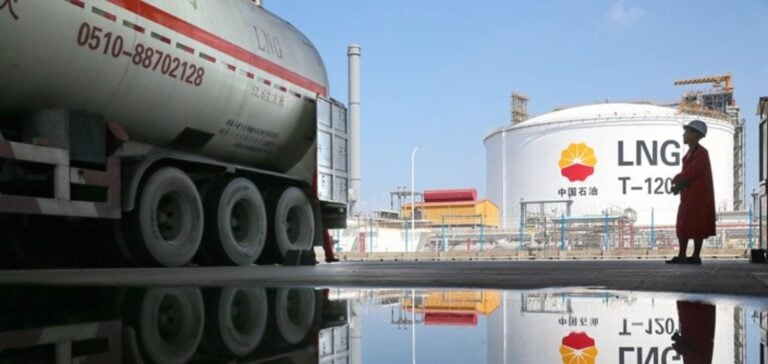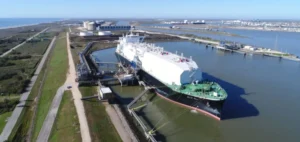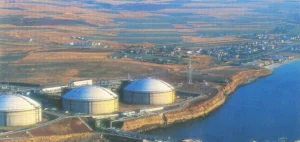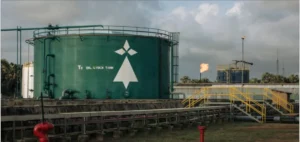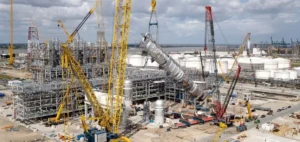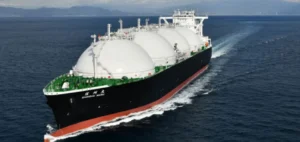Growing demand in Asia-Pacific, particularly in China and South Korea, has led to a drop in US LNG flows to Europe, reaching their lowest level since September 2021.
Reduced European deliveries
In July, less than half of US LNG cargoes were shipped to Europe, marking the third consecutive month of decline.
Europe, including Turkey, imported 34 U.S. cargoes, less than a third of total volumes delivered for the month.
By comparison, China and South Korea each received 11 cargoes, followed by Japan with nine, and India, the Netherlands and Argentina with eight each.
This decrease is attributed to increased demand in the Pacific Basin, particularly in Southeast Asia, where warmer-than-expected temperatures stimulated demand.
Increased deliveries in Asia
In July, 49 US LNG cargoes were shipped to Asia, up from 39 in June.
This increase is explained by shippers’ choice of longer routes around the southern tip of Africa, avoiding the constraints of the Panama and Suez canals.
The total of 117 U.S. LNG cargoes delivered in July represents an increase on June’s 104 cargoes.
This increase was offset by a drop in loadings in July, down to 98 cargoes from 110 in June.
The closure of Freeport LNG’s export terminal on July 7 due to Hurricane Beryl contributed to this decline, as the terminal was out of service for over a week.
Global LNG market outlook
Despite this increase in deliveries, global LNG market fundamentals remained largely bearish in August, with high storage levels in Europe and subdued buying interest in South Asia and China.
Atlantic LNG prices nevertheless rose on global supply concerns, including maintenance in Norway, tensions in the Middle East and supply disruptions in Australia.
JKM reference prices for cargoes delivered to Northeast Asia in September were assessed at $12.915/MMBtu on August 2, up 0.5% on the day.
In Europe, the DES Northwest Europe Marker for September was valued at $11.60/MMBtu, up 12.5 cents on the day.
In the United States, the Gulf Coast Marker for FOB cargoes loaded 30 to 60 days in advance was assessed at $10.82/MMBtu on August 2, up 12 cents on August 1.


